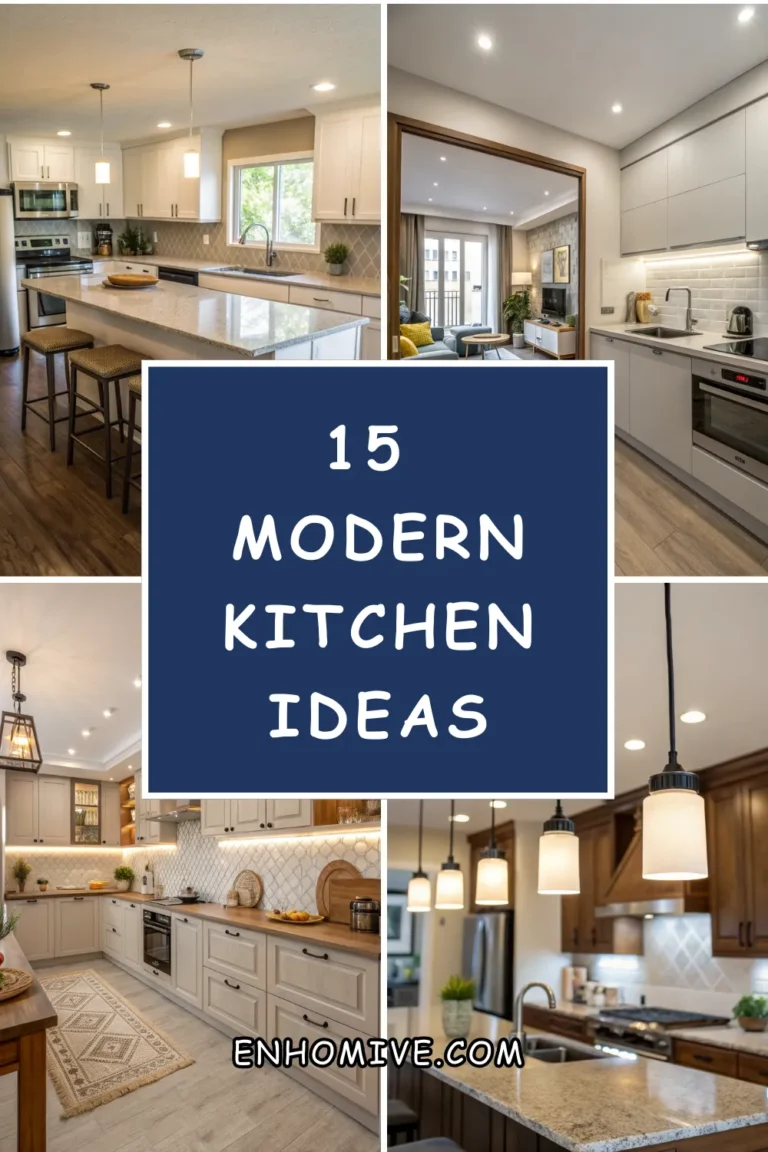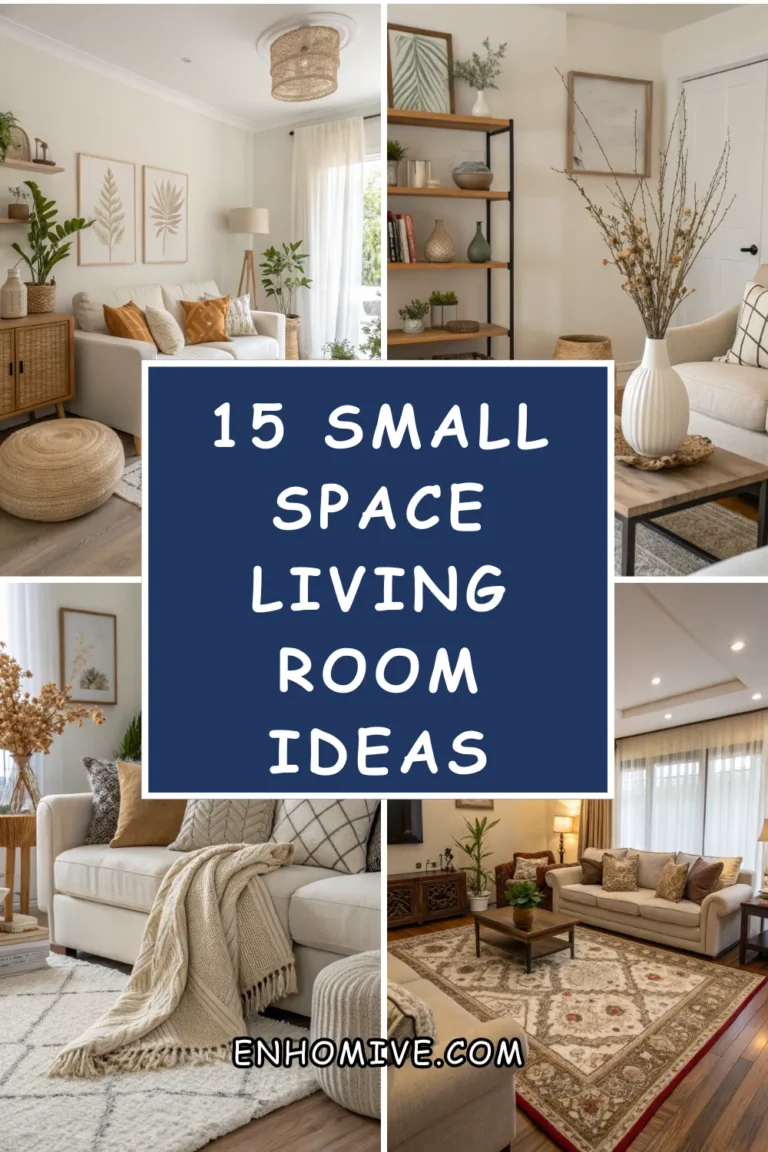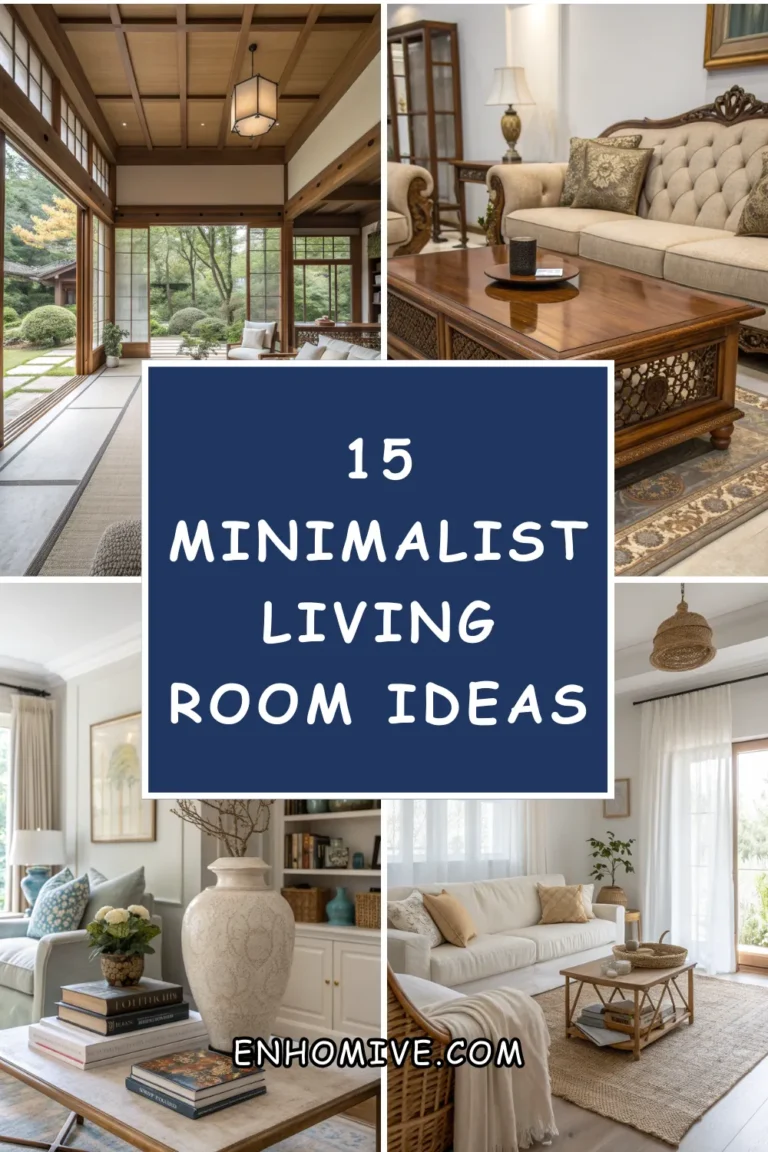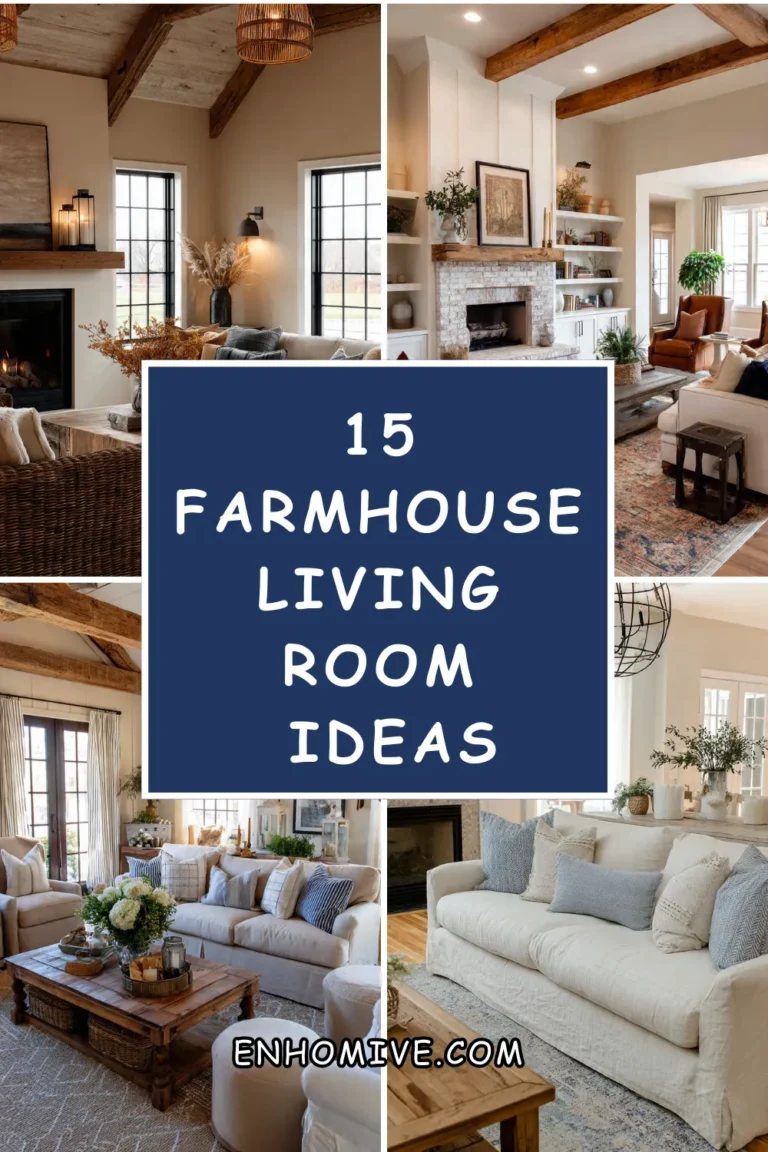14 Wall Wood Paneling Ideas to Transform Your Home
Wood paneling has made a big comeback in interior design, and it’s no longer the dated look from decades past. Today’s styles are versatile, warm, and modern, bringing a touch of texture and sophistication to any space. From sleek vertical slats to rustic reclaimed wood, paneling is a smart way to create a cozy vibe while adding visual depth to your walls.

Whether you’re reimagining your living room, updating a bedroom, or making a hallway more stylish, there’s a wood paneling idea that fits your home. The best part is that these designs don’t just look beautiful—they can also help with insulation, reduce echo, and give your space a more polished feel. Let’s dive into fourteen creative ways you can use wood paneling in full-room designs.
Vertical Slat Paneling for a Modern Look

Vertical wood slats instantly make a room feel taller. They add rhythm and structure to your walls, creating a contemporary style that feels open and fresh.
Pair slim vertical panels with neutral walls and minimalist furniture for a clean, Scandinavian-inspired living space. The look is sharp but still warm thanks to the natural wood tones.
Horizontal Shiplap for Coastal Charm

Shiplap laid horizontally adds a breezy, coastal feel that works especially well in living rooms and bedrooms. The lines visually widen the space, making smaller rooms appear larger.
Paint your shiplap white or soft gray to nail that airy beach-house vibe. Add woven furniture and light linens, and you’ll have a full-room design that feels relaxed and inviting.
Dark Stained Paneling for Moody Interiors

Deep, rich tones like walnut or espresso turn a room into a cozy retreat. Dark-stained panels add sophistication and create an intimate mood.
Balance the darker walls with light furniture, metallic accents, and layered lighting. This contrast keeps the space from feeling too heavy while still offering dramatic flair.
Rustic Reclaimed Wood Walls

Reclaimed wood brings authentic character and texture into your home. Each plank tells a story, which gives the room warmth and individuality.
Use it in a full accent wall behind a bed or sofa for a striking focal point. Add leather furniture and cozy throws to round out the rustic vibe.
Painted Paneling for a Fresh Twist

Painting wood panels is a great way to add personality. Bold shades like navy or forest green create instant drama, while soft pastels keep things light and playful.
This approach works especially well in kids’ rooms, home offices, or spaces where you want a little extra color. The panels add texture, while the paint customizes the mood.
Wainscoting for Classic Elegance

Wainscoting combines wood paneling with painted upper walls, giving a room timeless charm. It’s a favorite in dining rooms and hallways.
Choose crisp white panels for a traditional feel, or go with darker tones for a more modern, grounded look. Pair it with crown molding to complete the sophisticated vibe.
Ceiling-to-Floor Panels for Drama

Covering an entire wall with seamless panels makes a bold statement. It works best in large living rooms or bedrooms where the wall becomes the star.
To keep the space from feeling overwhelming, stick with lighter woods or pair the panels with wide windows that bring in natural light.
Geometric Wood Panel Designs

Go beyond straight lines with geometric wood paneling. Think chevron, herringbone, or diamond shapes for a dynamic and stylish feature wall.
These designs look especially striking in modern living rooms and bedrooms. Pair them with simple, solid-colored furniture so the walls stand out without clashing.
Whitewashed Wood for Farmhouse Appeal

Whitewashed paneling gives you the rustic feel of wood but with a brighter, airier twist. It’s ideal for farmhouse-style interiors.
Use it in kitchens, living rooms, or sunrooms to add light while keeping texture. Pair with distressed furniture and soft fabrics for a relaxed country vibe.
Half-Height Paneling for Subtle Style

Installing paneling on just the lower half of a wall adds dimension without overwhelming the space. It’s practical too, protecting walls from scuffs in busy areas.
Combine it with wallpaper or painted walls above for extra character. This look is especially charming in entryways, bathrooms, and kids’ rooms.
Luxe Glossy Wood Panels

High-gloss finishes create a sleek, polished look that works well in modern or upscale interiors. They reflect light, making a space feel more open and glamorous.
This style pairs beautifully with glass furniture, metallic decor, and minimalist layouts. It’s a bold choice for full living room or dining room walls.
Wide Plank Paneling for a Relaxed Feel

Wide planks create a more casual, laid-back aesthetic. The fewer lines make the wall feel less busy, perfect for a cozy but uncluttered vibe.
Use wide plank panels in bedrooms or family rooms where you want a more relaxed atmosphere. Natural wood stains highlight the grain and keep the space warm.
Textured Wood Panels for Depth

Textured panels, like rough-cut or ridged finishes, add a tactile quality that makes walls more interesting. They instantly draw the eye and elevate a plain room.
These work best as accent walls in spaces like home theaters or lounges where you want depth and coziness. Keep furniture simple to let the texture shine.
Mixed-Tone Wood Panels

Mixing wood tones—light, medium, and dark—creates a patchwork wall with plenty of character. It’s perfect for eclectic or bohemian-inspired rooms.
Add colorful decor and layered textiles to complete the vibrant, full-room design. The mix of tones keeps the space dynamic and full of life.
Wood paneling is no longer just about function—it’s a design element that can completely change how a room feels. Whether you prefer rustic, modern, or something in between, there’s a paneling style that will fit your personality and your home’s needs.
By choosing the right type of wood, finish, and layout, you can craft a space that feels intentional and stylish. From cozy bedrooms to statement-making living rooms, these wall wood paneling ideas prove that sometimes, the smallest design decisions make the biggest impact.





